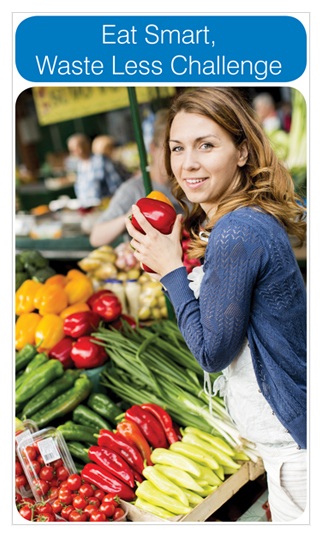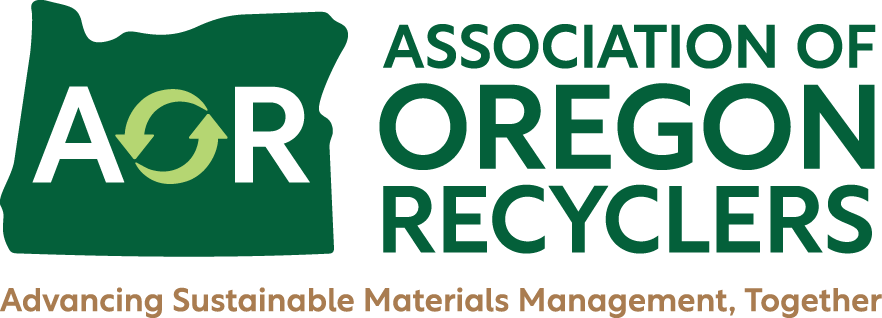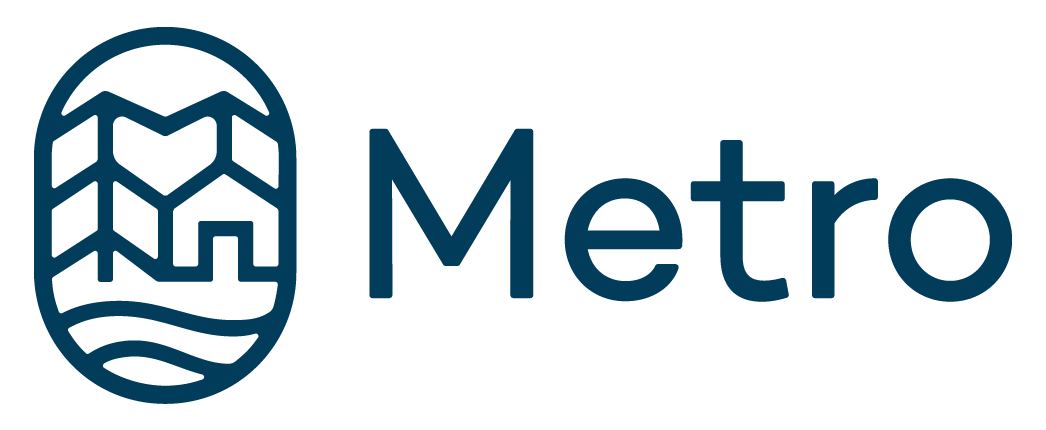Recycler of the Year - Education/Promotion Program: Eat Smart, Waste Less Challenge

The ESWLC is a unique education and outreach campaign for several reasons. They brought multiple local governments together so they could closely align on campaign design and logistics. ESWLC also uses true community-based social marketing (CBSM) strategies in developing a campaign to help participants prevent food waste. The CBSM campaign components included using compelling messaging with a focus audience, tools that reduce barriers to changing behaviors, and providing sufficient support to help make and sustain the change. Lastly, the ESWLC closely aligns with national efforts to prevent food waste and in particular is supported by the messaging of the Ad Council’s “Save the Food” campaign.
Project partners conducted outreach one-on-one, at events, and through 17 presentations. Results include:
- Partners had one-on-one conversations with 2,519 people. Thirty-two percent of people staff and Master Recyclers talked to committed to try at least one of four strategies to prevent food waste at home — 847 households.
- People committed to try more strategies at presentations than at events.
- It took seven minutes to get someone to pledge at a presentation compared to 51 minutes at an event.
- Partners distributed over 14,000 products and tools to reduce the barriers to adopting new behaviors. The most popular tool was the fruit and vegetable storage guide magnet.
The program benefits to the recycling community by openly sharing program information, outreach tactics that were successful, and evaluation reports that are available to agencies interested in food waste prevention campaigns.


